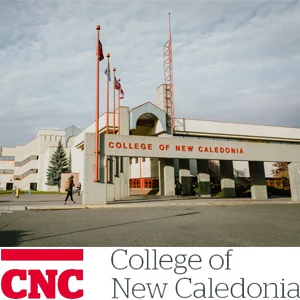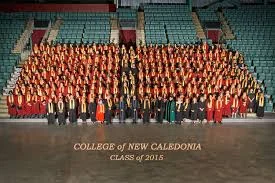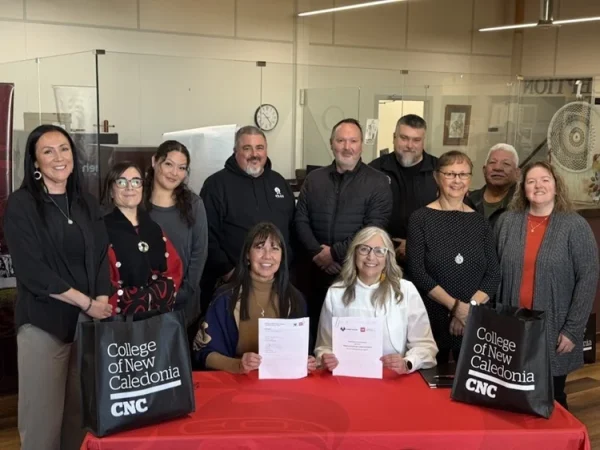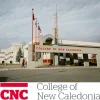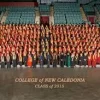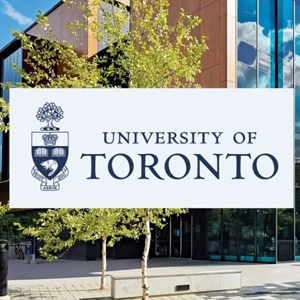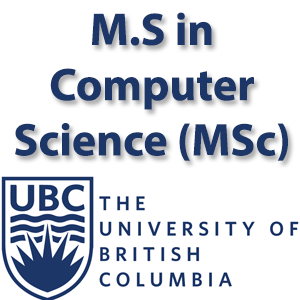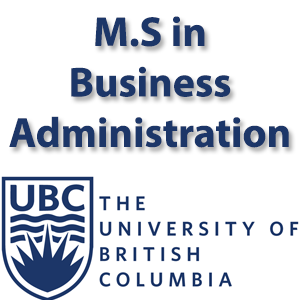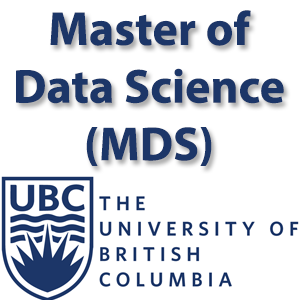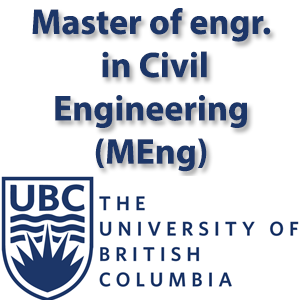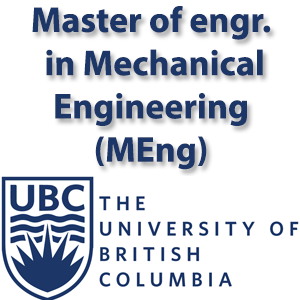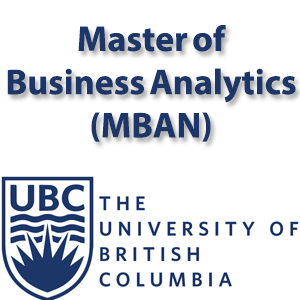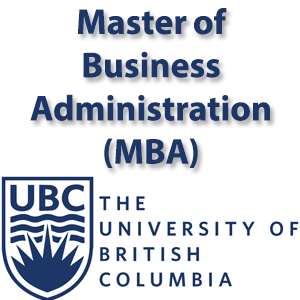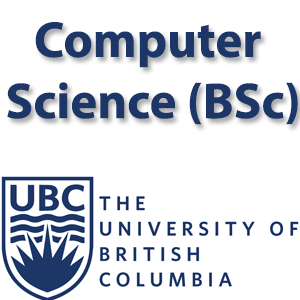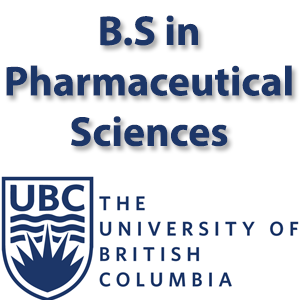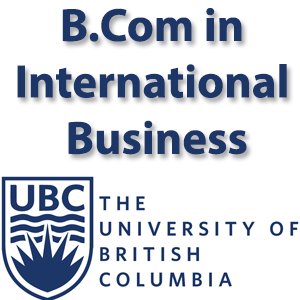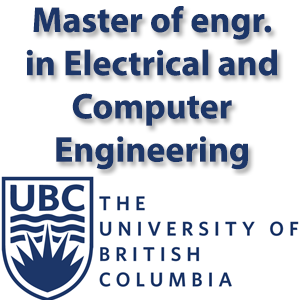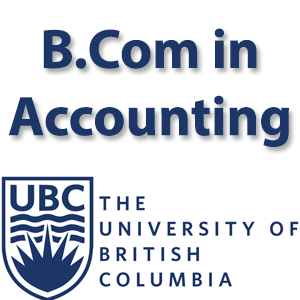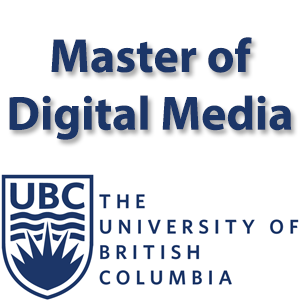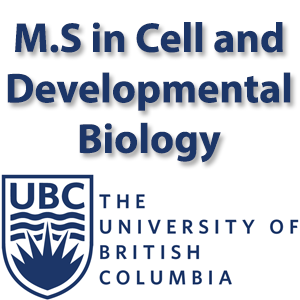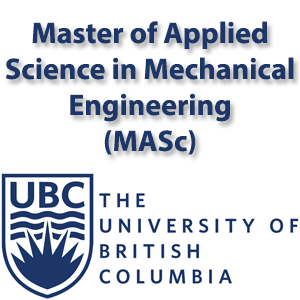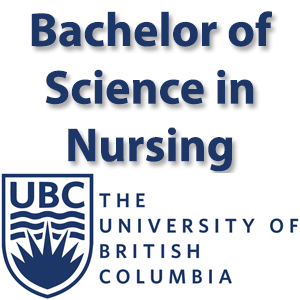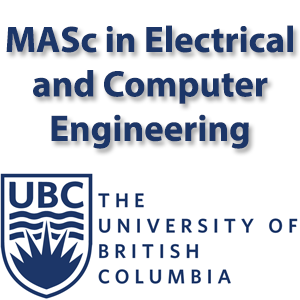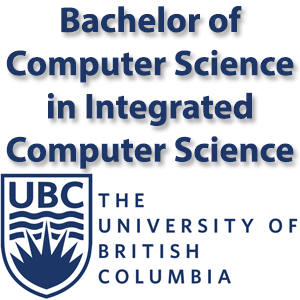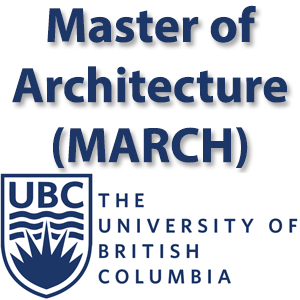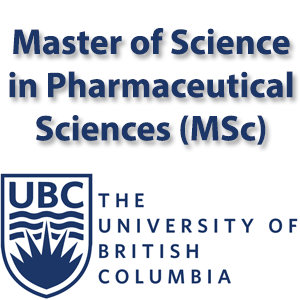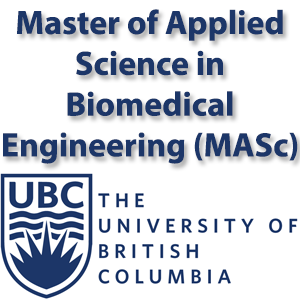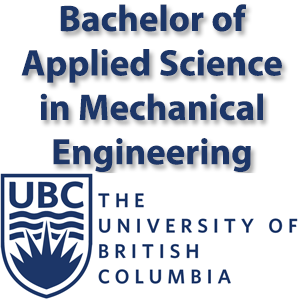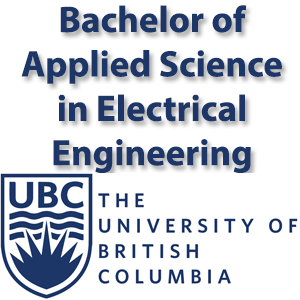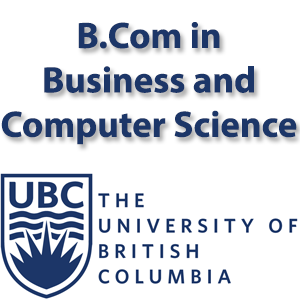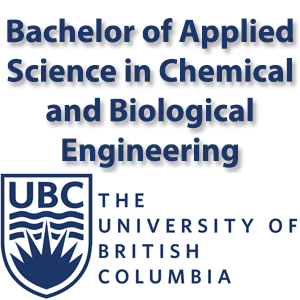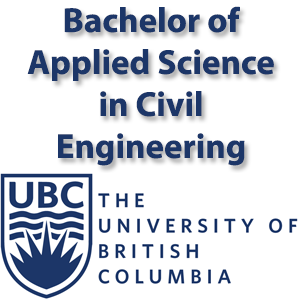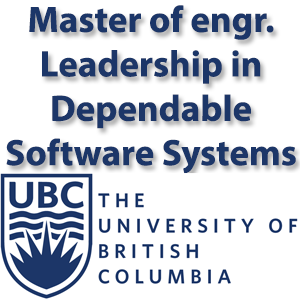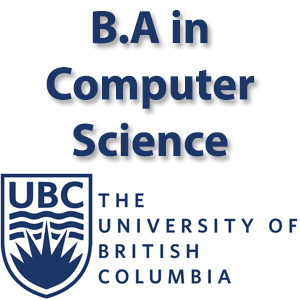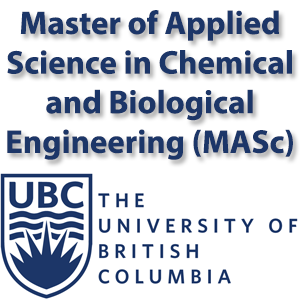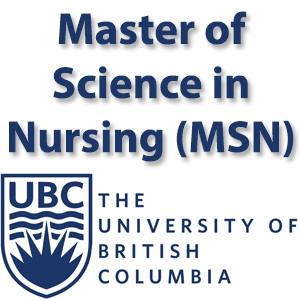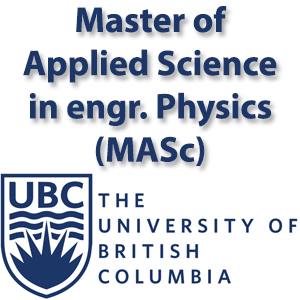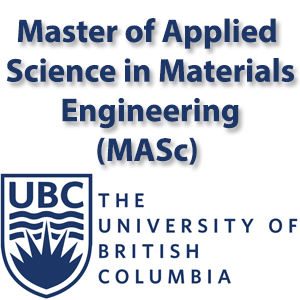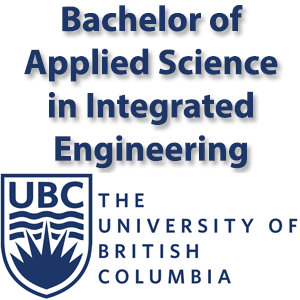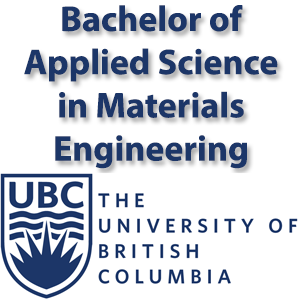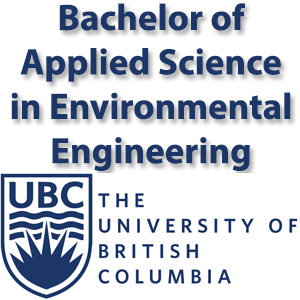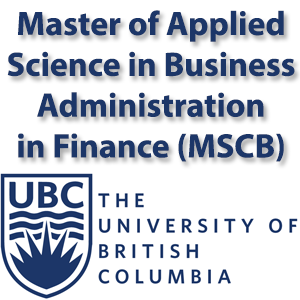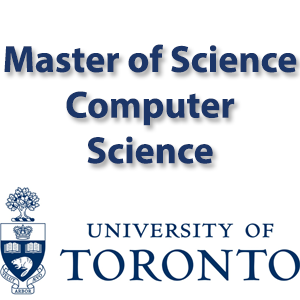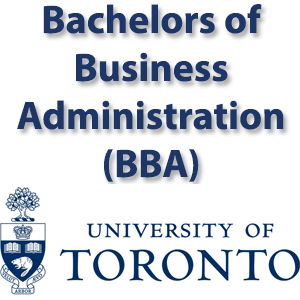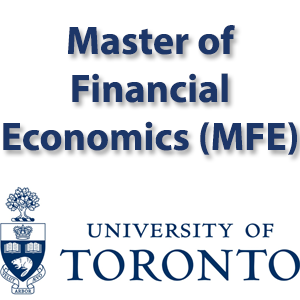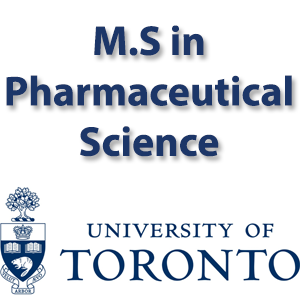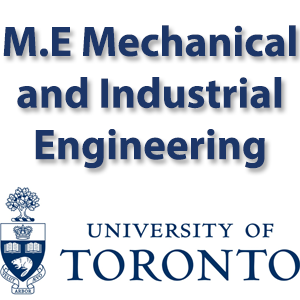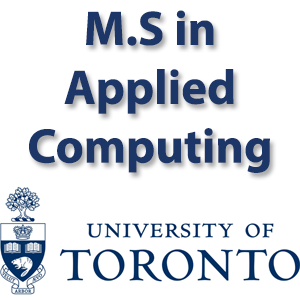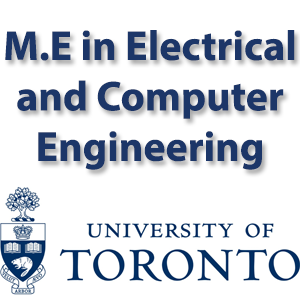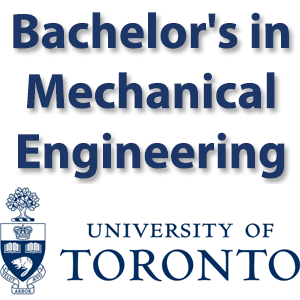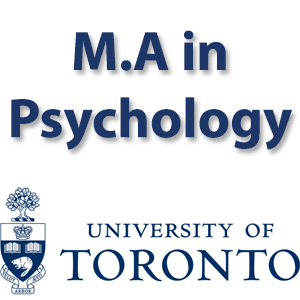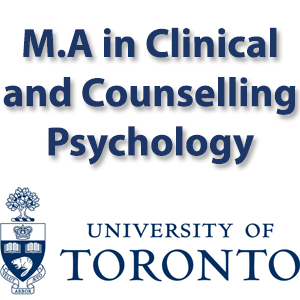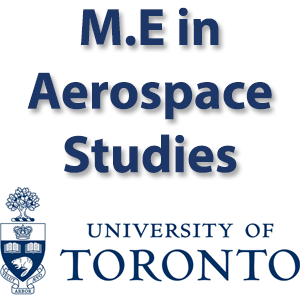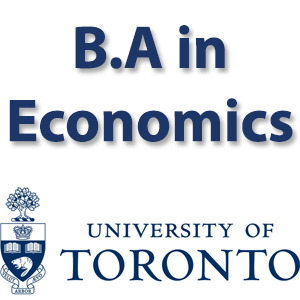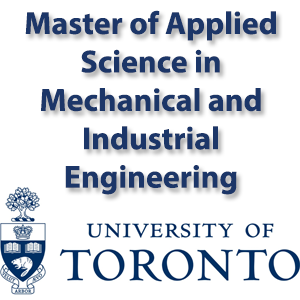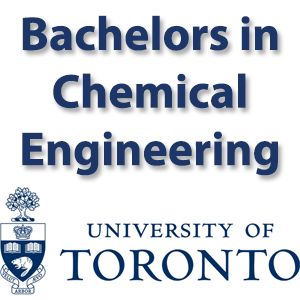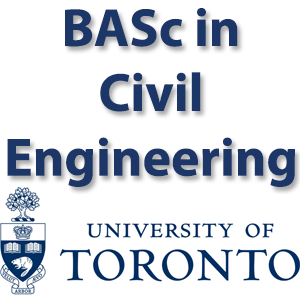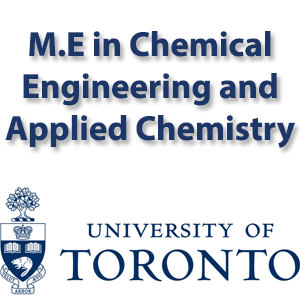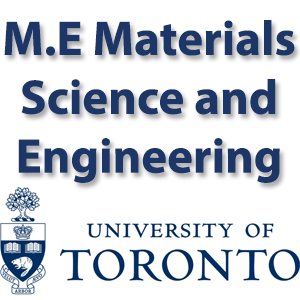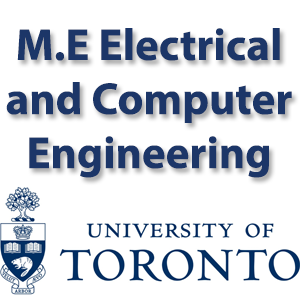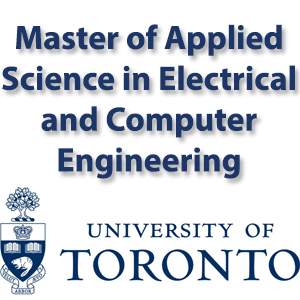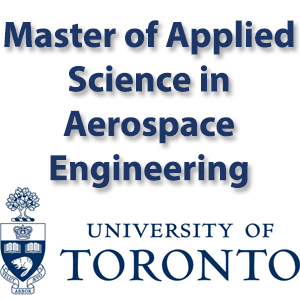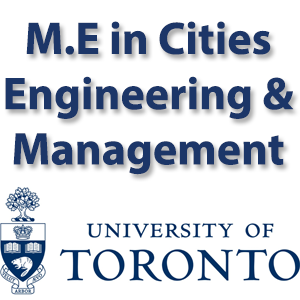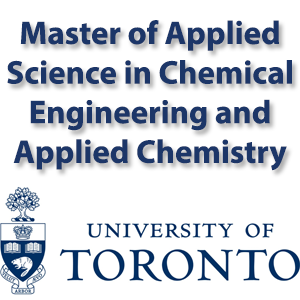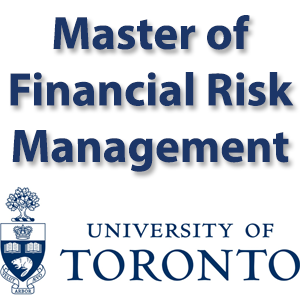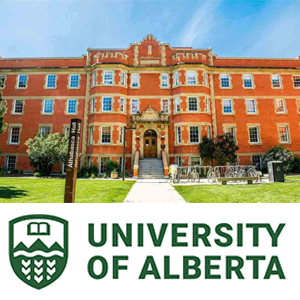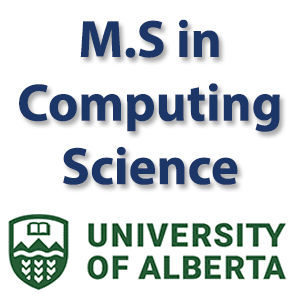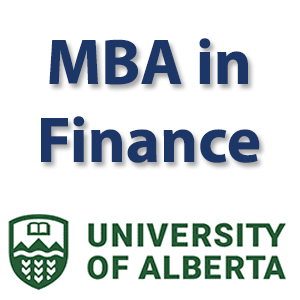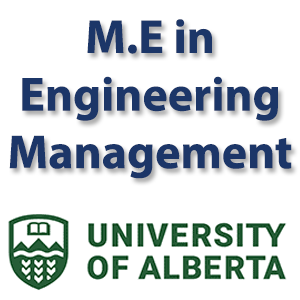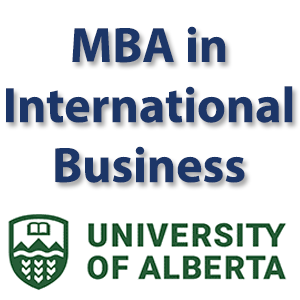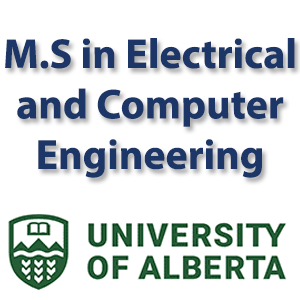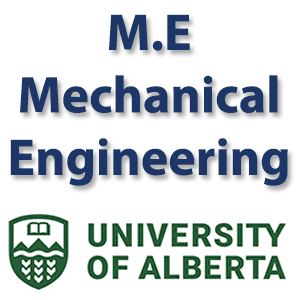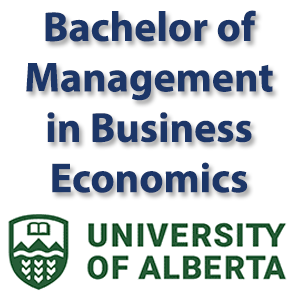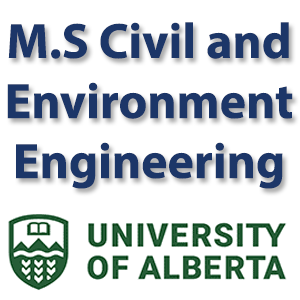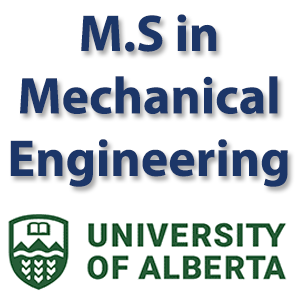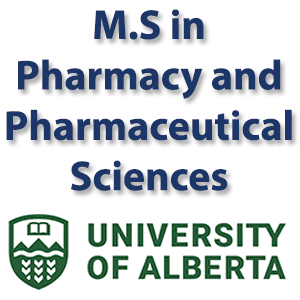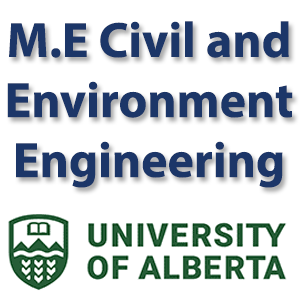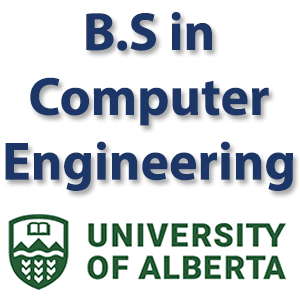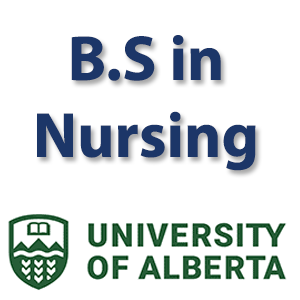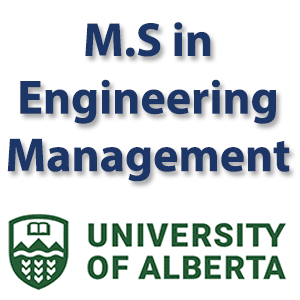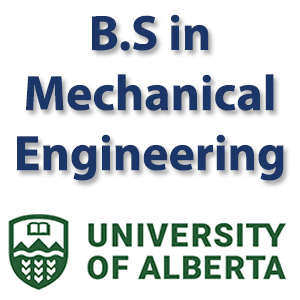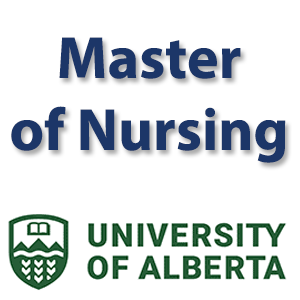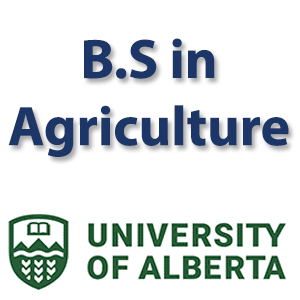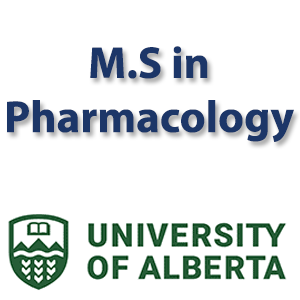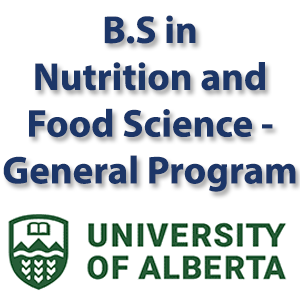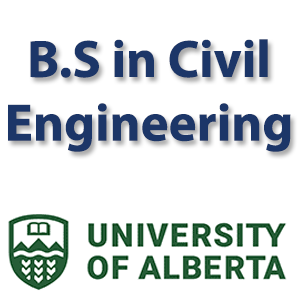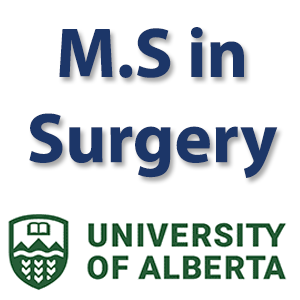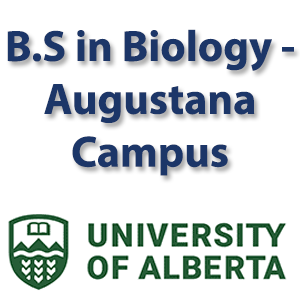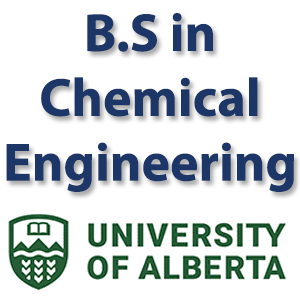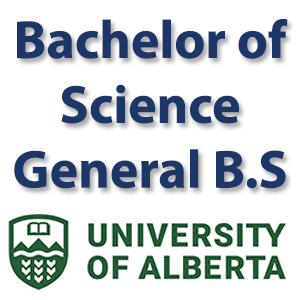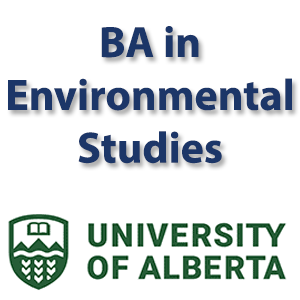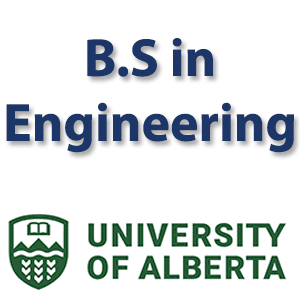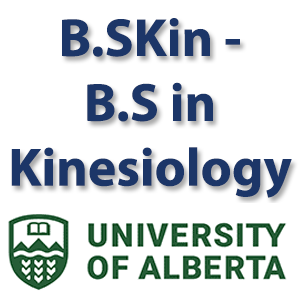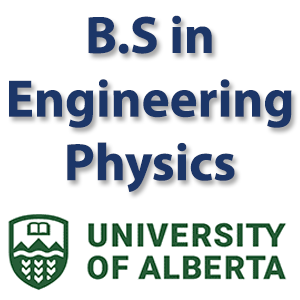CNC History
The College of New Caledonia has served the needs of students in B.C.’s Central Interior since 1969-and with the inclusion of the B.C. Vocational School, since 1962. The College region is approximately 117,500 sq. km. (or 12% of the province), with a population today exceeding 148,000. The region encompasses three school districts: #28 Quesnel, #57 Prince George, and #91 Nechako Lakes. The College offers a full range of Career, Technical, Vocational, and University Credit programming. Average annual enrollment is approximately 5,000 students.
In January 1969, the College was established on an “operating funds only” basis, with financial assistance from participating school districts and using leased facilities at the Prince George Senior Secondary School. Over the summer, faculty were hired to teach courses in the first programs to be offered at CNC.
- First Year University Arts and Science
- Administrative Science
- Data Processing
- Early Childhood Education
In September, registration was set up on the main floor of the Secondary School and 253 students registered from all participating regions. On October 10, 1969 the College held its official opening ceremony at Vanier Hall where guests received the first issue of the newly-launched student newspaper, S’quun! (“fire” in Carrier).
College of New Caledonia Historical Highlights
Accessibility at CNC
We want everyone at the College of New Caledonia (CNC) to feel welcome and able to use our campus and services, no matter their abilities. To do this, we’re working on making CNC more accessible.
We know that this is an ongoing process, and we need to keep improving. We’re going to listen to people with different abilities and others in our community. We believe that everyone in our college has a role to play in making CNC accessible.
To make sure we’re doing things right, CNC has formed groups called Accessibility Committees. These groups help us put our plan for accessibility into action. As we work on this, we’ll be asking for feedback from our college community.
Accessibility Committees
To steer the work in accessibility and to meet the Accessible British Columbia Act requirements, CNC has two committees.
Accessibility Advisory Committee (AAC)
Half of this committee’s members are people with disabilities and those representing disability organizations. Other members include Indigenous members and members who represent the diversity of British Columbia. The AAC shares advice, reviews our plans, and helps connect the college to the broader disability community.
Accessibility Steering Committee (ASC)
This group includes senior leaders from across the college to make sure we’re on the right path with our accessibility efforts. The ASC works closely with the AAC, setting goals and monitoring the college’s progress.
CNC’s Accessibility Plan 2023 – 2024
The College of New Caledonia is committed to creating an inclusive and accessible environment for all members of the college community. As part of our ongoing efforts to promote accessibility, we have developed an Accessibility Plan to guide a coordinated approach to planning for accessibility across all six CNC campuses. This plan outlines the College’s intention to evaluate and understand the current state of accessibility, engage stakeholders, and to reduce barriers to access CNC’s facilities, services, and information.
Download and Read CNC’s Accessibility Plan CNC Accessibility Plan 2023-24
Evaluation & Understanding
To ensure a comprehensive understanding of the current state of accessibility across our institution, we will undertake the following actions:
- Accessibility Audit: Conduct an accessibility audit of facilities to identify physical barriers and accessibility gaps.
- Digital Accessibility Review: Assess the accessibility of CNC’s digital resources.
- Policy and Procedure Analysis: Review existing policies and procedures to identify areas where accessibility can be improved.
Engaging Stakeholders
We recognize the importance of involving stakeholders with disabilities in our accessibility planning process. We will engage with the following groups to understand their experiences, concerns, and suggestions:
- Accessibility Services: Collaborate with Accessibility Services to gather feedback and insights from students with disabilities, ensuring their voices are heard in shaping our accessibility initiatives.
- Faculty and Staff: Seek input from faculty and staff members who have expertise in accessibility or who have disabilities themselves.
- Disability Advocacy and Support Organizations: Through the Accessibility Advisory Committee, engage with local disability advocacy and support organizations to gain broader perspectives and insights into best practices for accessibility education.
Through this Accessibility Plan, CNC is taking proactive steps to evaluate the current state of accessibility, engage stakeholders, and reaffirm our commitment to meeting the accessibility needs of people with disabilities. By prioritizing accessibility, we will create an environment where all members of the college community can thrive, learn, and succeed. Together, we will build an inclusive future for everyone.
Academic Plan
The Academic Plan is part of the implementation of CNC’s Strategic Plan. “lhulh whuts’odutel’eh (we will learn together)”. In keeping with our vision, there are four foci for the Academic Plan:
- Access to education and training for potential students
- Quality programming and opportunities for all students at all campuses
- Flexible and agile educational opportunities, responding to communities’ needs and students’ lives
- Recognition of our graduates’ studies and credentials by employers and post-secondary institutions.
The Academic Plan will further our work on strategic enrolment management by ensuring that we are delivering and planning our education opportunities in a mindful way, which will support the success of current and future students. Prime Strategic Planning will be facilitating the development of the academic plan.
Our aim is to develop an academic plan that helps us remember who we are as an institution, how we want to develop and deliver our programs, and most importantly, how to ensure we are offering students in the north-central interior a quality education that prepares them for the changing social and economic environment in which we live.
View the Academic Plan Academic Plan
Read the short form Academic Plan – Short Version
International Tuition & Fees
Application Fee
A $125 non-refundable application fee must be sent with your application.
Paying your tuition deposit
Do you have an offer letter yet?
You can only pay your tuition deposit after you have applied and received an offer letter.
Find out how to apply.
Your tuition deposit is $10,000. The $10,000 will go directly towards the tuition cost of your program until it has all been spent. This often covers most of your first term costs.
How to pay your deposit and college fees
Your deposit, campus housing fees, and many other payable fees are tracked in your CNC account and are payable through the PayMyTuition service.
Pay your fees through PayMyTuition Pay your fees through PayMyTuition
Check your balance and payment history Check your balance and payment history
Program Costs
Tuition costs for each program can be found on the individual program pages. If you’re looking for a quick summary, you can check out our International Fee Sheet
If you intend to transfer to UNBC after your studies with us, check out the UNBC fee structure to plan for your studies there.
Cost breakdown
| Cost per lab: | $175 |
| Cost per credit: | $470.71 |
| Cost per three-credit course: | $1412.13 |
Refunds
Application fees are non-refundable.
Tuition deposits are only refundable if your student visa has been denied.
- You will receive a full refund of tuition paid minus a $250 admin fee.
- You must provide official proof of the student visa being denied.
- We can’t transfer deposits to any other institution of higher education.
Payment Plans
Opens August 7, 2025
If you can’t pay your tuition fees up front, CNC offers payment plans to help you pay in smaller installments.
Fee payment deadline: If you haven’t paid your fees or set up a payment plan by the deadline (see below), you will be deregistered from your classes. Apply for your payment plan at least a week before the deadline.
New Students
New students who are beginning their first semester are not eligible for a payment plan. Your tuition deposit will cover most, if not all, of your first semester fees.
Before Applying
Please do not use mobile devices to apply. After submitting an application you will receive a confirmation email, this may appear in your junk folder.
Apply for a payment plan
- Register for your classes
- Apply for a Payment Plan Incomplete applications will be rejected. Read the terms and conditions and submit. Only apply once for a payment plan. Include the following:
- All sources of income
- Monthly expenses
- Explain why you can’t pay your tuition in full
- We will review your payment plan application within one week. We may request more information if anything is missing. We will email you to let you know if you have been approved.
- You’ll get a follow-up email with your payment plan details.
Note: Your payment plan will be denied if:
- We have sent your account to collections before
- You have a history of late/incomplete payments
Apply for a payment plan Apply for a payment plan
Financial Deadlines
August 18, 2025: Payment plan application deadline is 4pm. 40% down payment must be paid by this deadline. No late applications accepted.
August 20, 2025: Final fee deadline.
September 30, 2025: Average 30% (depending on size of down payment)
October 31, 2025 Average 30% (depending on size of down payment)
Students who have not completed their first down payment by the final deadline date will be de-registered from classes on August 21, 2025. Please allow up to 5 business days for payments to reach your account. All funds must be received by CNC on or before August 20, 2025.
Approved scheduled payment plans will be cancelled on August 21, 2025, if the tuition payment of 40% is not in the student’s account.
The quickest method of payment to reach the students’ account is through PayMyTuition using debit card or credit card. If paying by Bill Payment/EMT, it could take up to 5 business days for funds to reach account. Please allow enough time for your payment to be received by the College. You can check your account status any time through CNC Connect.
Scholarships, Bursaries, and Awards
2025-2026 Scholarships, Bursaries, and Awards Application Dates
Applications Open: Monday, August 18, 2025 Deadlines:
- Fall: Saturday, October 4, 2025
- Winter: Friday, January 30, 2026
- Spring: Wednesday, April 15, 2026
Apply early to maximize your chances. You only need to apply once per intake period.
Scholarships & Bursaries
Many donors have generously given to support your future. CNC offers more than 300 awards for students. Some are based on academic achievement while others look at financial need. The best thing about these awards is that they don’t need to be paid back!
Learn more
How to Apply
Current and incoming CNC students can apply through our Scholarships and Bursaries Application System.
Step 1: Application Page
Go to the Scholarships and Bursaries Application page.
This page will only be active during the application period.
Step 2: Log in
Log in using your CNC login and password and follow the instructions provided to see a personalized list of awards you may be eligible for, based on courses/programs you are registered in.
Step 3: Find Awards
Read the award criteria to determine if you qualify to apply. It is your responsibility to be aware of the application requirements. Some awards have very specific criteria.
Step 4: Complete your Application
Ensure that all sections of the application are completed and uploaded with any supporting documents, such as verification of volunteer/community service, an essay, etc.
Defer fees or get a payment plan
Need more time to pay your tuition? Fee deferrals allow you to delay your tuition due date to the middle of the first month of the current semester. This gives you the flexibility to manage your finances more effectively.
Learn more
Loans
Student loans have helped many students attend post-secondary schooling. Offered through StudentAid BC, loans can be accessed part-time or full-time depending on coarse load.
Learn more
Grants & Aid
Grants are financial aid awards that do not require repayment. StudentAid BC provides grants to students with disabilities and those studying in high-demand fields. Additionally, there’s a loan forgiveness program for students in eligible programs who commit to working in rural and remote areas of B.C.
Learn more
Funding Options
Indigenous Students
As an Indigenous student at the College of New Caledonia, you have access to several avenues of support through the Aboriginal Resource Centre, and through your CNC student services.
View funding options
International Students
If you can’t pay your tuition fees upfront, CNC offers payment plans to help you pay in smaller installments.
View funding options
Students with Disabilities
CNC students with one or more verifiable disabilities are eligible for accessibility services. Additionally, StudentAid B.C. offers grants specifically designed to support students with disabilities.
Learn more
Before you come
What are my responsibilities as a potential CNC student?
You are responsible for ensuring that you understand the rules and regulations governing admittance to the program to which you are applying, and that you have confirmed these yourself. Do not rely on what someone else has told you. Up to date information can be found on the CNC website. You are also responsible for following all the procedures below in on application and acceptance, including informing CNC as soon as you receive your visa; if you do not, a seat is not guaranteed. Once you arrive, you are responsible for making yourself aware of the rules and regulations governing your program.
What do I need to apply to the College of New Caledonia?
To apply for admission, you must meet the following requirements:
Certificate, Diploma, Associate Degree, University Transfer or Post-Diploma programs:
- Be 18 years of age
- Provide a scanned copy of your passport data pages.
- Provide scanned originals of your secondary school graduation transcripts or mark sheets and any college or university transcripts for post-diploma programs. All documents must be accompanied by a notarized, official translation into English where applicable.
- Provide proof of English Language Proficiency either a minimum TOEFL score of 80 (IBT), an IELTS score of 6.0 with no band less than 5.5 or equivalent as determined by the College of New Caledonia or have completed CNC’s English for Academic Purposes.
English Language Training:
- Be 17 years of age
- Provide a scanned copy of your passport data pages.
- Provide scanned original copies of your secondary school and post-secondary or degree program transcripts or mark sheets and completion certificate
Admission requirements for the College of New Caledonia depend upon your home country and your current level of education. Some programs may require additional documents such as a portfolio, writing samples, questionnaires, etc. View the program pages for detailed information on admission requirements and additional requirements where applicable.
What is the application process?
Steps to becoming an international student at the College of New Caledonia:
- Apply – include with your application the $125 application fee, High School transcripts, Post-Secondary transcripts, proof of English Language Proficiency where required (ie IELTS, TOEFL), and copy of the information page from your passport.
- Upon receipt of the above-noted documents, your transcripts will be assessed and your data will be entered into our student files and a student number generated. If you meet the entrance requirements for the program you have applied for a letter of offer will be forwarded by email within approximately four to six weeks.
- Once the letter of offer is received you will need to provide a tuition deposit to the College of New Caledonia of $10,000 representing one year of tuition based on 6 courses over two semesters. This money will be held in your name to cover your first year of tuition fees.
- After receipt of the tuition deposit you will be provided with a letter of acceptance, receipt and official acceptance details. These documents will be emailed to you. The official Letter of Acceptance is the document you take to the Canadian Consulate office in your country. Applying for your study permit must be completed outside of Canada. This process often takes several months, so please apply for your study permit as soon as you receive your LOA.
- Once you receive your visa confirmation it is important that you advise the Admissions Office of your status. Please note, there are a limited number of seats/courses available in each intake for each program. Seats/courses will be allocated based on seat availability and receipt of a scanned copy of your visa or letter of confirmation from CIC. Kindly advise the Admissions Office at intladmit@cnc.bc.ca immediately upon receipt of your visa so that we can confirm your seat and open online registration. If you do not inform us of your visa status prior to arrival, courses and programs may be at capacity and unavailable for registration. Failure to inform us of your visa prior to arrival, may result in a deferral to a future semester.
- You will need to arrange your travel to Prince George. Plan to arrive one week before the orientation session so that you can rest, and settle into your new home and community. Orientation takes place in the week prior to start of classes. Please do not come too early, or after classes start.
- Send your travel details to the International Education Centre. Email your itinerary tointl_edu@cnc.bc.ca or phone 250-561-5857 at least two weeks before you will arrive.
- Once you arrive at the Canadian border (Toronto or Vancouver) report that you are a student to a Canada Customs or Immigration Official to receive your study permit.
What is the refund policy?
Our refund policy concerning the tuition deposit is as follows:
- Application fees are NOT refundable
- International applicants are eligible for a refund ONLY if they are denied a Student VISA. Proper documentation MUST be provided with refund request
- Monies received by CNC College are NOT transferrable to any other institution of higher learning
- Students who arrive in Canada with a VISA secured through CNC, but who “Fail To Appear” for classes at our College, WILL BE reported to Immigration Canada as “Missing”
Applicants whose request for a Student Visa is declined will receive a full refund on tuition deposits paid, less a $300 administration fee. Contact the International Education office at CNC for a refund request form if your Visa application has been denied.
Where can I find an application form?
Information on how to apply and the application form can be found here.
What is the application deadline?
International Application Deadlines
| Intake | Applications Open |
| January | February 15th |
| May | June 15th |
| September | October 15th |
Students must confirm their visa with the Admissions Office as soon as it has been received from IRCC. Please send proof of visa confirmation through intladmit@cnc.bc.ca
How long before I will hear back about my acceptance?
Application processing generally takes four to six weeks but may take longer depending on the volume of applications received. The best way to check on the status of your application is to connect with your international agent. They will be in direct contact with the appropriate Admissions Officer at CNC.
Can I check on a friend’s/relative’s offer letter?
Due to privacy laws the only person who can request information about your offer letter is the applicant themselves or the international agent they are working with.
How much money do I need to show in my account for the study permit?
Students need to be able to show they have enough money to pay for their next semester’s tuition. Please contact Immigration, Refugees and Citizenship Canada at 1-888-242-2100 or visit thewebsite.
What housing/accommodation options do international students have while attending CNC?
Housing options for international students include living on campus at our CNC student housing, or renting private accommodation off-campus.
Campus Housing: CNC offers international and domestic students the option of staying in campus residence. More information, including fees and application form, can be found here.
Off-campus Housing: Prince George offers a wide variety of housing options if you wish to rent off-campus. Apartment rental costs are much lower than in bigger cities with a wide variety of apartments and private housing located within either walking distance or a short bus ride from CNC.
How do I get from the airport to my accommodation?
The Prince George Airport has a number of transportation options, including taxis, shuttle service and ride-sharing. More information is available on the Prince George Airport website here: https://www.pgairport.ca/passenger-information/transportation/
The airport also has a shuttle service that can be arranged in advance. Taxis are also available at the airport: Emerald Taxi 250-563-3333, Prince George Taxi 250-564-4444.
Student Life
What does the term “medical insurance coverage” mean? How do I apply?
All international students are required by law to have medical insurance while studying in British Columbia. This is called your coverage and is provided to assist you in the case of an emergency or other urgent care need. Medical services and visits to clinics and hospital costs are very expensive. Without coverage, you would need to pay for these expenses yourself.
After 3 months, you must be enrolled in the Medical Services Plan of BC
**You must complete online Orientation to learn more about your coverage.
I don’t have a car. How can I get around in Prince George?
The College of New Caledonia is on a bus route with stops on campus. A bus pass is provided as part of the U-Pass. Schedules are posted at the Library and are available at the CNC Bookstore or online.
Does the College have any student activities or events and where can we find more information?
During the year, the College, in collaboration with CNC Students’ Union, coordinates a number of activities to celebrate the diverse cultures on our campuses, including Diwali, International Education Week, and much more. Further information on upcoming campus events can be found here: https://cnc.bc.ca/calendar
In addition, international students are encouraged to participate in engagement programs such as Peer Connections https://cnc.bc.ca/current-students/campus-life/peer-connections to meet new friends and get involved in campus activities.
Can I work? How much can I work? Can I work during the break between semesters?
You are coming to CNC as a full-time student, and you must be prepared to focus on your studies. If you are not successful in your studies, this may affect your ability to work.
All work related legal information can be found here.
Can my family come to visit me?
Yes, with the appropriate documentation. Stop by the International Education office for additional information or view our Inviting Friends and Family document.
You can also contact Immigration, Refugees and Citizenship Canada at 1-888-242-2100 or visit the website.
Academic Process
If I have trouble in my classes, where can I go for help?
Testing and Tutoring Services (TTS) has tutors to assist with math, writing, and sciences. An Academic Advisor in Students Services can help you plan your studies so you are ready for the classes you need. If you have troubles outside of school which are affecting your studies, the Wellness Coach in Student Services can help you find assistance.
Who do we talk to about any program or course concerns while at CNC?
The first step is to make an appointment with one of our Student Success Advisors. You can book an appointment online here: https://cnc.bc.ca/services/advising or by sending an e-mail to advising@cnc.bc.ca
Where can I find information about which post-secondary institutions I can transfer my CNC credit to?
You can find general information about university transfer programs at CNC on the website here. You can also look up your specific courses on the BC Transfer Guide. Note that transferring courses usually requires a grade of C or better.
If you are transferring out of the Province (within Canada), it is up to the receiving college or university to decide which credits will transfer.
I’m having difficulty getting all the classes I want. Why can’t I register in all the classes I need this semester?
CNC works very hard to predict the number of students who are/will enrol in specific courses to have enough seats to fill the current demand. CNC also encourages students to take classes that interest them, which can lead to program changes. Many students who attend CNC change to programs that better suit them. This can make anticipating the number of seats difficult. CNC does it’s best to hire qualified faculty to fulfill the demand, however, this is not always immediately possible.
Once you have received your acceptance letter, please confirm your Visa status with the International Admissions as soon as possible. You can contact the International Admissions office by phone, 250-562-2131 or email, intladmit@cnc.bc.ca.
Why did I not get into the ‘Management 255’ course?
Management 255 is considered a ‘capstone course’. You need to have completed all prerequisites with a minimum grade of ‘C’ before you can take this course. If you have completed the requirements and are still having issues, please make an appointment with an academic advisor. You can book an appointment by phone 250-561-5818 or email advising@cnc.bc.ca.
How can I pay my tuition?
Current students can pay their tuition fees at the Admissions office, located on the first floor of the main Prince George campus, by the front entrance. You can contact the Admissions office by phone, 250-562-2131 or email, registrarsoffice@cnc.bc.ca.
Incoming students please review the application process. You can also contact the International Education office by phone 250-561-5857 or email, intl_edu@cnc.bc.ca.
What is the English Language Requirement?
Students whose first language is not English need to submit an English Language proficiency assessment. The College of New Caledonia commonly accepts IELTS (Academic) or TOEFL (iBT) assessments, but will accept equivalent assessments such as PTE, CAEL, and CELPIP along with others. Contact intladmit@cnc.bc.ca for equivalency requirements specific to alternate assessments.
For more information visit the English Language Requirements page.
Can I switch programs and will I be able to use the credits from the courses I have previously taken?
The first step is to make an appointment with one of our Student Success Advisors. You can book an appointment online here: https://cnc.bc.ca/services/advising or by sending an e-mail to advising@cnc.bc.ca
Are International students eligible for bursaries and scholarships?
Yes, international students can apply for bursaries and scholarships but they must be attending CNC and at the college when they apply.
Policies and Procedures
When can I take a break in my studies?
For information on when you can take a break in your studies, please refer to the following link from theImmigration, Refugees and Canadian Citizenship (IRCC) website.
Where can we submit feedback about an international agent?
CNC has great relationships with its international recruitment agents across the world. They go through a thorough application process and receive ongoing training from CNC. If you have feedback you would like to submit on one of our agents, please fill out the International Agency Feedback Form.
Please submit your completed form to the International Department (in-person) or email it to Anne Harris at harrisa@cnc.bc.ca. You will receive a response from CNC staff within ten days.
Does CNC have a formal Complaint Resolution Policy?
Yes, the Student Complaint Resolution Policy can be found here.
What is a prerequisite?
A prerequisite is a course that must be completed before you take another course. Some courses have more than one pre-requisite. Normally, you require a grade of C or better in a pre-requisite; some courses may require a higher grade.
Prerequisites ensure that you have the skills and background to succeed in advanced courses, which is why you must have a C or better.
What is Academic Probation?
The College of New Caledonia strives to create an environment that promotes and supports academic excellence and personal success for students as they progress toward their educational and career goals. In some cases, if a student has a GPA lower than our minimum academic standard, they are placed on academic probation.
The CNC Probation Policy can be found here.
This policy describes CNC’s standards of academic performance expected of all students, lists the supports available to help improve academic standing and defines the consequences for failure to achieve minimum standards of academic performance.
More information can be found here.
Is ‘Academic Probation’ and ‘Requirement to Withdrawal’ different?
Yes:
Students under certain circumstances will be placed on academic probation. This is an alert to the student that they are at risk of not completing their program.
Students who fail to meet the minimum academic standard for two consecutive major terms/semesters will be required to withdraw for one major term/semester (i.e. not an intersession).
More information can be found here.
Does the College of New Caledonia put a cap on the number of international students they intake?
The College of New Caledonia provides a welcoming environment for all students from around the world. In order to balance our intakes and manage our student enrolment strategically, we do set intake targets per semester. In addition, some programs such as our post-diplomas and some of our undergraduate programs have limited seat capacities.
Study Permits
When should I apply to extend my study permit?
Apply for a study permit extension 3 months before its expiry. To keep your status as a student and be able to attend classes and work you must submit your application by midnight, UTC time zone, the day before it expires.
How do I extend my study permit?
You will need to order two documents from CNC, via CNC Connect or by visiting the Office of the Registrar.
- An Enrolment letter that clearly states your intended completion date. When ordering on CNC Connect, you must write “for study permit extension” in the comment box on the webform.
- Official Transcripts. When ordering on CNC Connect, you must write “for study permit extension” in the comment box on the webform.
My study permit has already expired. What should I do?
- Please book an appointment with an International Student Success Advisor ASAP
- If you are within 90 days of the permit’s expiry, you must apply to restore your status and apply for a study permit extension
- If your study permit expired more than 90 days ago, you must leave Canada and apply for a new study permit from another country.
- You are not permitted to work or attend classes until your status is restored.
How can I get a letter of enrollment?
Letters can be requested through your CNC Connect account.
How much funds do I need to extend my study permit?
Student must be enrolled in full- time class workload (minimum three courses) while applying for study permit
Where can I apply for study permit extension?
You can apply online by visiting government Canada website https://www.canada.ca/en/services/immigration-citizenship.html and for any questions you can visit the International Academic Advisor.
How long it will take for a decision on my application?
You can check processing times here.
Where I can go to get biometrics?
Please make an appointment with Service Canada at Phone: +1 800-622-6232 (1363 4th Ave, Prince George, BC V2L 3J6).
Do documents need to be notarized?
No, IRCC does not require notarized documents.
Where can I find help to fill out the IMM 5709 form?
Please visit this link about all questions for IMM 5709 under “complete the application” heading.
I need help answering questions on the IMM 5709 form, who can I talk to?
Please book an appointment with an International Academic Advisor by calling at 250-561-5818.
What is UCI on IMM 5709?
UCI stands for “unique client identifier.” It is also known as a client identification number (client ID). It has either:
- four numbers, a hyphen and four more numbers (Example: 0000- 0000) or
- two numbers, a hyphen, four numbers, a hyphen and four more numbers (Example: 00-0000-0000)1
Learn More
What is a personal reference code?
Your personal reference code is a unique code given to you through Come to Canada, an online eligibility tool. You’ll need to enter this code to:
- begin an online application for a visitor visa, study or work permit or
- carry your information from Come to Canada over to an Express Entry profile
- You can find your personal reference code at the top of your results page after you answer all the questions in the tool.
- You should write it down and print a copy of your results and/or checklist. This code is only valid for 60 days from the date you get it. https://www.cic.gc.ca/english/helpcentre/answer.asp?qnum=830
List of designated countries?
Visit this link to find designated countries https://www.canada.ca/en/immigration-refugeescitizenshipservices/application/medical-police/medicalexams/requirements-temporary-residents/country-requirements.html
What to upload in “letter of acceptance” drop/box in supporting documents of application?
You can upload “Letter of acceptance and letter of enrollment” in the same drop box section.
What to upload in “passport” drop box of application?
Suggested to upload:
- first page of passport that shows your date of birth, county of origin
- any pages with visa, stamps or markings
- Last page that shows your parents name and address etc.
What to upload in “proof of finance”?
Features of Digital photo?
Photo of full front view of head and tops of shoulder with your face in middle of the photo
Fees related to study permit extension( $CAD):
Study permit (including extensions) – per person =$150
Fees to restore your status as a student
Restoration fees ($200)+ New study permit ($150) = $350
Biometrics fees
Biometrics (per person):- $85 Biometrics (per family, 2 or more people): $170 maximum fee for a family of 2 or more people applying at the same time and place.
Work Permits
I completed my program, when should submit my application for Post Grad Work Permit?
We suggest CNC students to submit an application as soon as you get CNC Official Transcript (with diploma notation added), Post-graduation work permit letter/completion letter
I wrote my final exam, can I work full time?
Students can only work part-time (20 hours) until they receive Graduation package from CNC. Once received, students need to stop work. Students may start working full- time as soon as you submit your Post Grad Work permit application. Learn more
Which documents do I need for Post-graduation work permit?
- A scanned copy of first page of passport, any page that has visa stamps or entries, last page and current study permit.
- Confirmation to work off campus letter/completion of studies letter.
- Current study permit
- Educational transcript with diploma notation added.
- A head shot or photo.
How can I apply for graduation?
- Login to CNC Connect
- Go to the “Academic Profile” tab
- Confirm the program and credential you are graduating from
- Complete the “Application for Graduation” form
If the program and credential you are graduating from is not correct
- Do not complete the form
- Contact the Office of the Registrar in person, by email or by phone to have your program changed
- Once the program has been changed and displays correctly, proceed with completing the format https://cnc.bc.ca/admissions/graduation
How can I get Post-Grad Work Permit Letter/Completion Letter?
Request a letter through CNC connect. Log in to CNC connect > Enrollment verifications > in comments write post-grad work permit letter.
How can I get a copy of my transcript?
Request transcript through CNC Connect. Log in to CNC Connect > Transcript Request > Add new Request > Special Handling select Hold until notation added.
How much funds do I need to extend my work permit?
Immigration Canada does not require proof of funds for Post grad work permit application.
Where can I apply for Post Grad Work Permit?
You can apply online by visiting government Canada website https://www.canada.ca/en/services/immigration-citizenship.html if any questions please visit an International Academic Advisor
How long it will take for decision on my application?
You can check processing times on the Government of Canada website.
Where I can go to get biometrics?
Please visit Service Canada at 1363 4th Ave, Prince George, BC V2L 3J6. Or call Phone: +1 800-622-6232
Do documents need to get notarized?
No, IRCC does not require notarized documents.
How do I complete the IMM 5710 for Post Grad Work Permit?
Please visit this link about all questions for IMM 5710 under “Complete the application” heading.
I need help answering questions on the IMM 5710 form, who can I talk to?
Please book an appointment with an International Academic Advisor by calling at 250-561-5818.
What is UCI on IMM 5710?
UCI stands for “unique client identifier.” It is also known as a client identification number (client ID). It has either:
- four numbers, a hyphen and four more numbers (Example: 0000- 0000) or
- two numbers, a hyphen, four numbers, a hyphen and four more numbers (Example: 00-0000-0000)
Learn more
What is a personal reference code?
Your personal reference code is a unique code given to you through Come to Canada, our online eligibility tool. You’ll need to enter this code to:
- begin an online application for a visitor visa, study or work permit or
- carry your information from Come to Canada over to an Express Entry profile
- You can find your personal reference code at the top of your results page after you answer all the questions in the tool.
- You should write it down and print a copy of your results and/or checklist. This code is only valid for 60 days from the date you get it. https://www.cic.gc.ca/english/helpcentre/answer.asp?qnum=830
What to upload in “passport” drop box of application?
Suggested to upload
- first page of passport that shows your date of birth, county of origin
- any pages with visa, stamps or marking
- Last page that shows your parents name and address etc.
Features of Digital photo?
Photo with full front view of head and tops of shoulder with the face in middle of the photo
Fees related to work permit ( $CAD):
- Work permit – per person =$150
- Open work permit holder = $100
Fees to restore your status as a student:
Restoration fees ($200)+ New study permit ($150) = $350
Biometrics fees
Biometrics (per person):- $85 Biometrics (per family, 2 or more people):- $170 Maximum fee for a family of 2 or more people applying at the same time and place



